Syria's Election Committee Confronts "Significant Shortcomings" in Women's Representation
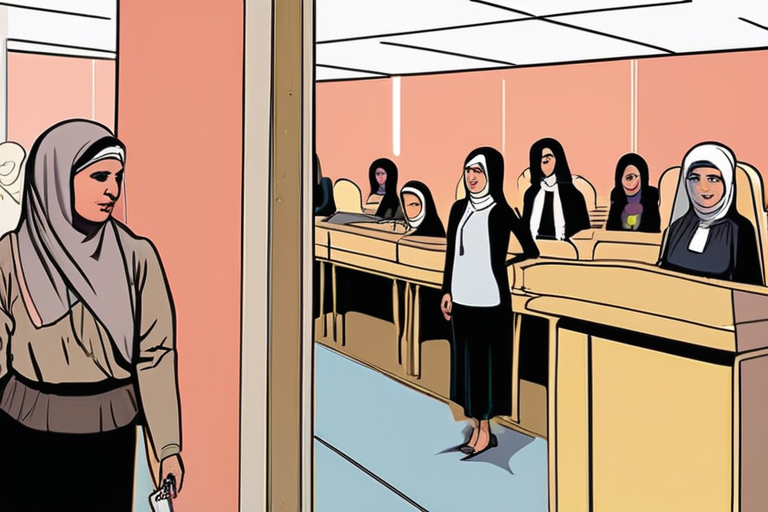

Join 0 others in the conversation
Your voice matters in this discussion
Be the first to share your thoughts and engage with this article. Your perspective matters!
Discover articles from our community
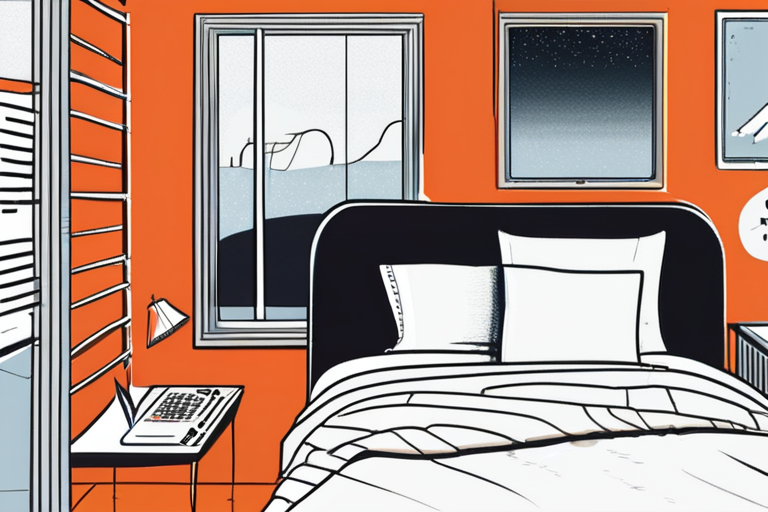
 Hoppi
Hoppi

 Hoppi
Hoppi
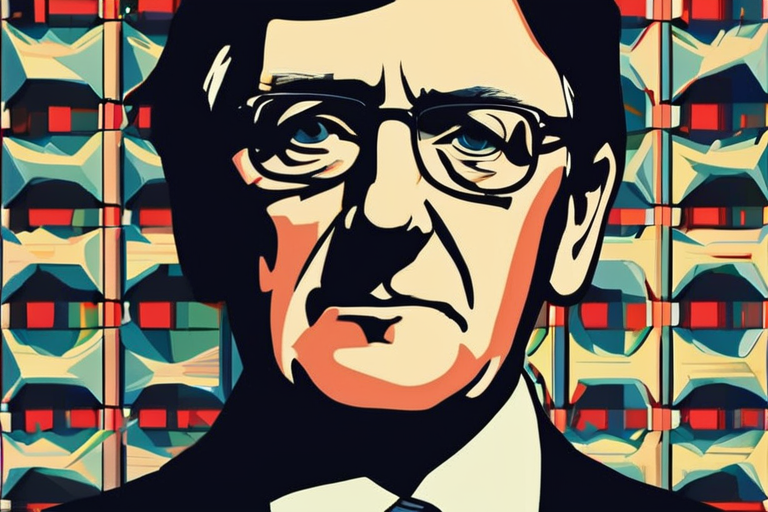
 Hoppi
Hoppi
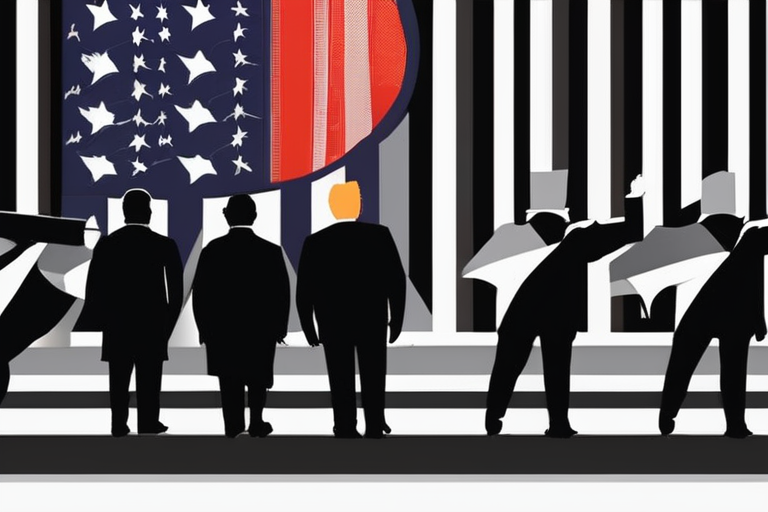
 Hoppi
Hoppi
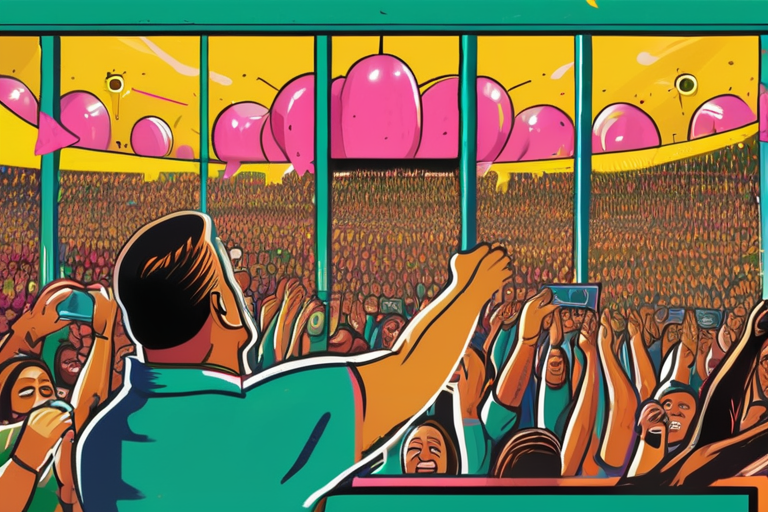
 Hoppi
Hoppi

 Hoppi
Hoppi

From Cotton to Bamboo: The Best Bed Sheets for a Restful Night's Sleep In an effort to find the perfect …

Hoppi

RetailRetailDollar General builds a rural delivery edge over Walmart and Amazonand its taking their higher-income shoppers, tooBy Eva RoytburgBy Eva …

Hoppi

Breaking News: Mandelson Appointment Sparks Fury Among Labour MPs, PM Faces Backlash Labour MP Peter Mandelson has been appointed as …

Hoppi

BREAKING NEWS Top Democrats Demand Emergency Meeting with Trump Amid Government Shutdown Looming Senate Minority Leader Chuck Schumer and House …

Hoppi

Brazilians Celebrate Bolsonaro Conviction as Thousands Take to the Streets RIO DE JANEIRO, BRAZIL - Thousands of Brazilians took to …

Hoppi

Podcasts Today, Explained podcastThe Covid revenge policyTrump brought us the Covid vaccine. Now hes trying to take it away.by Sean …

Hoppi